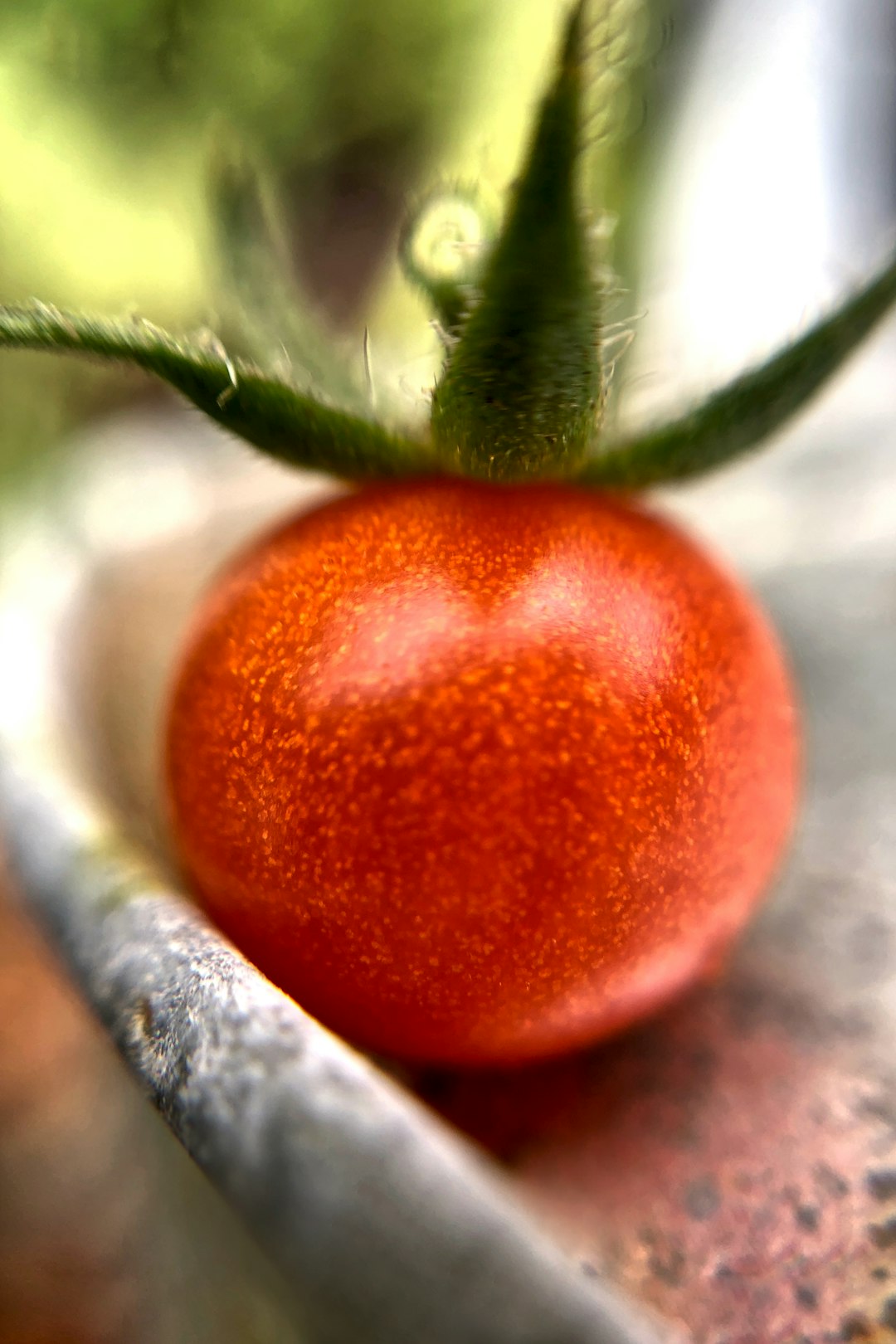Secrets to a Thriving Spring Garden: End - of - Season Cleanup

As the growing season draws to a close, it's the perfect time to take stock of your garden and prepare it for the upcoming spring. By ditching certain gardening items now, you can set the stage for a successful and vibrant garden in the months ahead. Let's explore what you should bid farewell to and why it matters.
One of the first items to consider getting rid of is old and diseased plant debris. This includes any leaves, stems, or flowers that show signs of fungal infections, pests, or other diseases. Leaving these on the ground over the winter can provide a breeding ground for pathogens and pests, which will then attack your new plants in the spring. For example, if you had plants affected by powdery mildew, removing all the infected parts and disposing of them properly (not in your compost pile) can prevent the spread of the fungus to healthy plants next year. Use a rake to gather up the debris and place it in a trash bag. Make sure to clean your tools, such as pruning shears and rakes, after handling the diseased material to avoid cross - contamination.
Another item to ditch is expired or unused fertilizers. Over time, fertilizers can lose their potency and effectiveness. Some may even clump together, making them difficult to apply evenly. Check the expiration dates on your fertilizer bags or containers. If they are past their prime, it's best to get rid of them. You can consult your local waste management facility to find out the proper way to dispose of fertilizers, as they often contain chemicals that need to be handled carefully. Using fresh, high - quality fertilizer in the spring will ensure that your plants get the nutrients they need for healthy growth.
Old and worn - out gardening tools also need to be replaced or repaired. Tools like shovels with loose handles, trowels with dull blades, and watering cans with leaks can make your gardening tasks more difficult and less efficient. Inspect each tool carefully. If a tool can be repaired, such as tightening a handle or sharpening a blade, do so. However, if it's beyond repair, it's time to invest in a new one. Having well - maintained tools will make your spring gardening much more enjoyable and productive.
Weeds are another nuisance that should be removed before winter. Weeds can compete with your plants for nutrients, water, and sunlight. They can also spread seeds that will germinate in the spring, creating a new batch of unwanted plants. Use a hoe or your hands to pull out the weeds, making sure to get the roots. Some weeds, like dandelions, have deep taproots that need to be completely removed to prevent regrowth. After removing the weeds, cover the soil with a layer of mulch. This will not only help suppress future weed growth but also protect the soil from erosion during the winter months.
Finally, consider getting rid of any old or damaged plant pots. Cracked or chipped pots can cause water to leak out, which can be wasteful and may also lead to uneven watering of your plants. Pots that are too small or have become filled with salt deposits from fertilizers can also stunt the growth of your plants. Replace these pots with new ones that are the appropriate size for your plants. You can choose from a variety of materials, such as plastic, ceramic, or terracotta, depending on your preferences and the needs of your plants.
In conclusion, taking the time to ditch these gardening items at the end of the growing season is a crucial step in caring for your yard. It may seem like a lot of work, but the rewards in the spring will be well worth it. You'll have a healthier, more beautiful garden that is ready to thrive from the moment the first signs of spring appear. So, roll up your sleeves, get to work, and look forward to a successful gardening season next year.